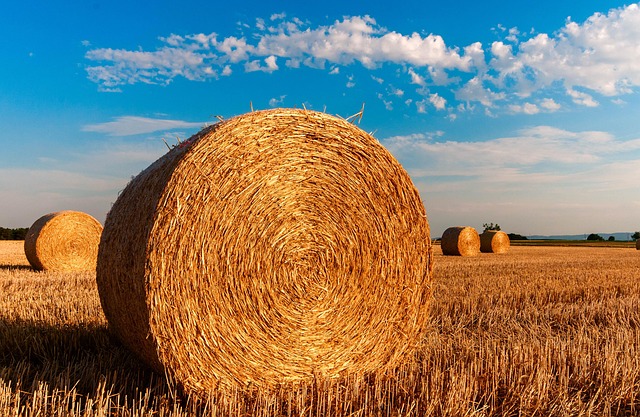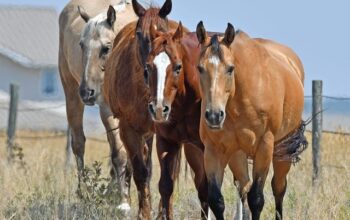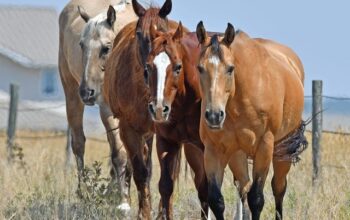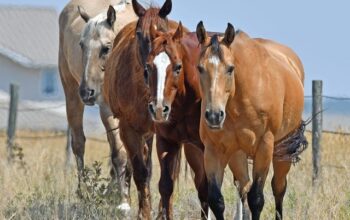Fencing your farm requires understanding local laws, including zone regulations and permitted fence types. Companies like Fence Right Inc provide guidance on livestock management, environmental protection, and aesthetic considerations, ensuring compliance with agricultural fencing standards. By researching zoning rules, selecting suitable fence styles, and obtaining permits, farmers can maintain harmonious relationships with neighbors while enhancing their farm's boundaries and aesthetics using expert services like Fence Right Inc.
“Fencing your farm is a significant decision that requires understanding local laws and regulations. This comprehensive guide by Fence Right Inc. delves into the intricate world of farming fencing, covering essential aspects from start to finish. We explore ‘Understanding Fencing Farm Laws’ to ensure compliance with zoning regulations, providing a step-by-step process for selecting the ideal fence for your farm. Learn about navigating permits and installation best practices to achieve a secure and aesthetically pleasing farm boundary.”
- Understanding Fencing Farm Laws: A Comprehensive Guide
- Zoning Regulations for Agricultural Fencing: What You Need to Know
- Choosing the Right Fence for Your Farm: A Step-by-Step Process
- Navigating Permits and Installation: Ensuring Compliance for Your Fencing Project
Understanding Fencing Farm Laws: A Comprehensive Guide
Fencing your farm is a significant decision that requires understanding local laws and regulations. Fence Right Inc is here to guide you through this process, ensuring you comply with all rules governing fencing in agricultural settings.
When considering fencing for farms, it’s crucial to be aware of specific regulations related to property boundaries, livestock management, and environmental protection. These laws vary by region, so consulting local authorities or experts like Fence Right Inc is essential. They can provide insights into the type, height, and placement of fences permitted in your area, helping you choose the best option for your farm’s unique needs.
Zoning Regulations for Agricultural Fencing: What You Need to Know
When considering fencing for farms, understanding zoning regulations is paramount to ensure compliance and avoid potential legal issues. Zoning laws vary significantly from region to region, but many areas have specific rules regarding agricultural fencing, aiming to maintain the balance between rural landscapes and community development. These regulations often dictate the type of fence allowed, its height, and placement, especially in areas bordering residential zones. For instance, some jurisdictions may permit only certain types of fences, like post-and-rail or wire mesh, while banning more solid structures that could obstruct views from neighbouring properties.
Fence Right Inc. is a valuable resource for farmers navigating these complexities. They offer expertise and guidance on selecting the right fence for farms, ensuring it aligns with local zoning regulations. Whether it’s a boundary fence to protect crops from stray animals or a livestock enclosure, understanding the permitted fence styles and dimensions is crucial. By adhering to these guidelines, farmers can avoid costly fines and maintain harmonious relations with neighbours, contributing to a peaceful agricultural environment.
Choosing the Right Fence for Your Farm: A Step-by-Step Process
When considering fencing for your farm, selecting the right type is a crucial step in ensuring both functionality and aesthetic appeal. The first step is to assess your specific needs—whether it’s containing livestock, creating a visual boundary, or enhancing privacy. This will dictate the style, material, and height of the fence. For instance, a sturdy metal fence with sharp points might be ideal for keeping livestock in, while a sleek wooden design could offer both privacy and a charming country look.
Next, consider the local farm laws and zoning regulations regarding fencing. Some areas may have specific rules about materials, heights, and placement to maintain an acceptable landscape or ensure safety. Understanding these guidelines will help you stay compliant and avoid any potential issues. Once you’re aware of these factors, you can explore options like Fence Right Inc, which offers a range of high-quality fencing solutions tailored for farms. Their expertise ensures that your fence is not only aesthetically pleasing but also built to last in the challenging farm environment.
Navigating Permits and Installation: Ensuring Compliance for Your Fencing Project
When planning a fencing project for your farm with Fence Right Inc, understanding permits and installation processes is crucial to ensure compliance with local laws and regulations. This involves researching zoning regulations specific to your area, which often dictate permitted fence types, materials, heights, and placement. For instance, some regions may restrict certain types of fencing around agricultural properties due to visual impact or wildlife migration routes.
Before breaking ground, it’s essential to obtain the necessary permits from local authorities. Fence Right Inc can guide you through this process, ensuring all documents are in order. Once approved, installation begins, adhering strictly to the permitted plans and specifications. Regular communication with your fencing contractors is vital to address any potential issues or changes that may arise during construction, guaranteeing a smooth project progression and final product that complies with both farm needs and local zoning regulations.
Fencing your farm is a significant investment, and understanding the legal framework is crucial. By familiarizing yourself with fencing farm laws and zoning regulations through resources like Fence Right Inc, you can ensure that your project complies with local rules while enhancing your farm’s security and aesthetics. The comprehensive guide, step-by-step processes, and permit navigation tips provided in this article equip farmers with the knowledge to make informed decisions when choosing and installing the perfect fence for their farms.




